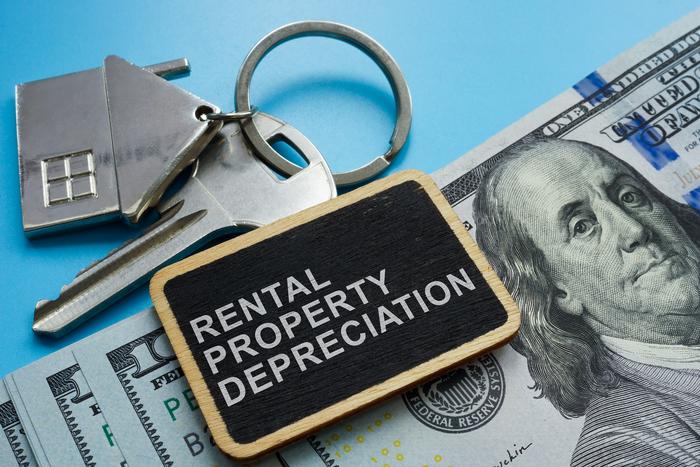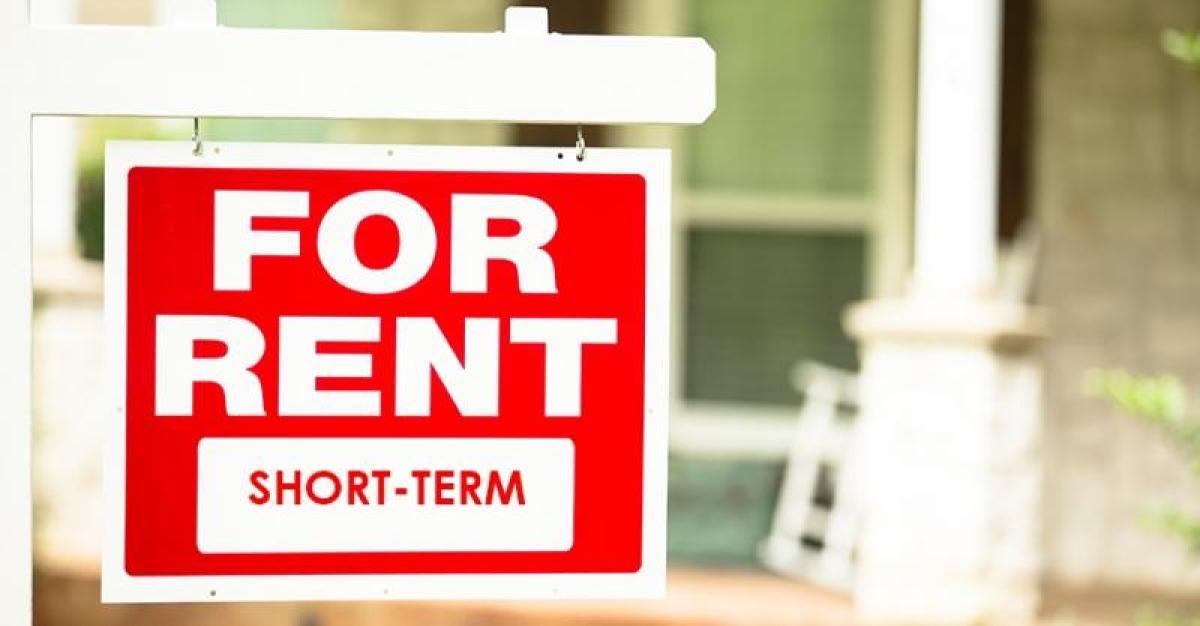Many who are interested in real estate investing want to get into the house-flipping business. It looks fun, and if you watch all the flipping shows on television, you might even think that it’s easy. While flipping houses does have the potential to be lucrative and even fun, it’s not quite as simple as an hour-long show makes it out to be.
Below, we’ll be looking at all the practical things you will want to do and consider when getting into house flipping. You will begin to understand what you need to do to turn it into an actual legitimate business.
Understand What House Flipping Entails
The concept of house flipping is easy to understand. You buy a property that is older or that hasn’t been updated and then upgrade and fix the home, so you can sell it for a profit. You also need to make sure that you can sell the home as quickly as possible once it hits the market. Otherwise, you will have to pay the cost of the mortgage, insurance, etc. until it sells.
While the basic idea is simple, taking things from start to finish entails quite a bit more. This venture is not something you want to try if you aren’t willing to take the time and put in the effort to create a real business. Naturally, a real business will need a plan.
You Need a Business Plan
Writing out a business plan should always be your first step. Don’t start looking at potential properties to buy until you have set up your plan and have made sure it is viable. Having a business plan will help to ensure you stay on the right track. It can also help you to estimate your profits and even find investors.
This business plan should include an executive summary that goes over the purpose of your business and what you hope to do with it. This plan will also identify everyone who will be involved in the business. If you’ve never written a business plan before, consider getting a business plan template. This will ensure you understand what each of the parts of the plan entails, so you can create your plan correctly.
One of the most important parts of the plan will be to research the competition and demand for house flipping in the area where you want to start. If there is heavy competition, or if there isn’t enough demand, you are going to have major problems getting your business off the ground. In those cases, you might want to reconsider where you are going to be buying and flipping houses. Even with flipping, location matters. Look at a different part of the city or even a different part of the state if needed.
When you are setting up your business, you also must consider what type of business entity you will be operating, so you can register the business. The best options for those who are getting started in this field tend to be either an LLC or a corporation. These options will provide you with some liability protection just in case things go wrong with the business. It’s a good idea to talk with a business attorney, who can help you weigh your options.
Set a Budget
How much can you feasibly spend on a house that you want to flip? You need to set a realistic budget, and you must stick to it. It is one of the most important steps of house flipping, but it also happens to be where many new flippers fall. They get attached to a property that they like, and they end up offering more for it than they should, thinking they will flip it for a bigger profit.
You are buying with your emotions rather than your head, and that’s a huge problem. Remember, you aren’t buying a home for yourself and your family. You are buying a property to flip. Do not make the mistake of getting attached.
To determine your budget, you must look at your finances first. This will let you know how much money you will have to spend. You then need to check to see what the best properties in the area are selling for currently. Will you be able to make a profit on the property if it sells for about the same as comparable properties?
When you have your budget, stick to it. Never pay more for a property than you should. Do not be afraid to walk away.
Finding Financing
Most people will need to take out a loan to get the money they need for the home they want to flip. Keep in mind that putting the loan under your name might be difficult since it is an investment property. This can change your eligibility for the loan. You may be able to get a loan under your business’s name.
Another option that has worked well for many flippers has been to get a hard money loan through a private lender. The loans will cover the property cost, as well as the cost of repairs. One of the benefits of this option is that you can typically get the loan faster. This is nice when you have a property you want to make an offer on right now.
However, hard money loans tend to have higher interest rates than traditional mortgages. However, your goal should be to sell your property ASAP, so you can pay off that loan without the higher rates causing too much of an impact.
Once you have done a few house flips, you will have more cash flow in your business, and it will be easier to start buying properties without relying as heavily on traditional lending options.
Have a House Flipping Team
Although you might have the DIY spirit inside, it doesn’t mean that you can or should try to do everything on your own. House flipping takes a lot of work. Your best option is to surround yourself with a team of people who can handle the bulk of the work for you.
Your house-flipping team will likely include contractors and subcontractors. You can do some of the work on your own, but if you don’t have experience with certain types of work, always hire professionals. When you hire a contractor, they will generally be the ones to bring in subcontractors for things like plumbing and electrical work. You will also need a lender, CPA, attorney, insurance agent, and real estate agent.
The team you build now could be with you for years to come. However, if you find that certain members of the team aren’t a good fit, you can always replace them.
The Right Properties
Not all homes are created equal, even if they are in the same neighborhood. When you are looking for properties, you want to find a home that is within your budget and that can be repaired and upgraded relatively quickly. Ideally, it will only need to have cosmetic repairs.
However, you also must think about other factors to determine whether it will sell. What is the market like in the area? Are there good schools? Is it a convenient location? Is this a safe neighborhood, or are there bars on all the windows? People are going to be hesitant to buy in a rough area, naturally.
Pricing Correctly
Some of the greatest allies you will have in your house-flipping venture will be the real estate agents you choose. Always work with agents who are familiar with this field and who understand what it takes and what you are trying to do. Make sure you are listening to them, as well.
Although you may have put a lot of blood, sweat, and tears, not to mention money, into a property, don’t price it too high. You aren’t going to get enough people looking at the house, and that means it’s just going to sit on the market. Instead, listen to the pricing strategies and marketing strategies of the agents.
You want to know about the ARV (After Repair Value). This is the value of the property after you have completed the renovation. You need to apply the 70% rule with this model, meaning that you should only pay 70% of the ARV for the home.
Let’s look at an example. There is a home with an ARV of $200,000 and it will need to have $25,000 in repairs. The 70% rule says that you would only want to pay $115,000 for the property ($140,000, which is 70%, minus $25,000). This will give you a better chance of flipping for a profit.
Of course, if you find that you are working with agents who don’t truly understand the house flipping field, it might be time to choose new agents. Just don’t change them because they don’t want you to ask for an unreasonable amount for a property.
As you can see, house flipping isn’t as easy as TV makes it out to be. However, it can be fun, and it has the potential to become a lucrative business.




















